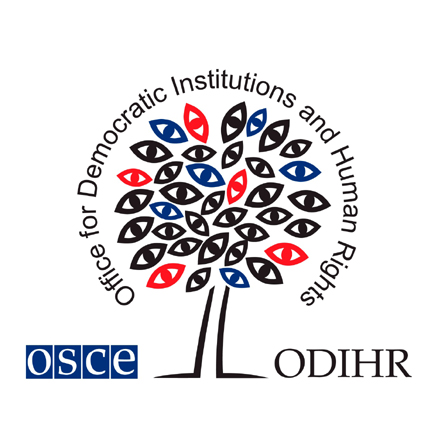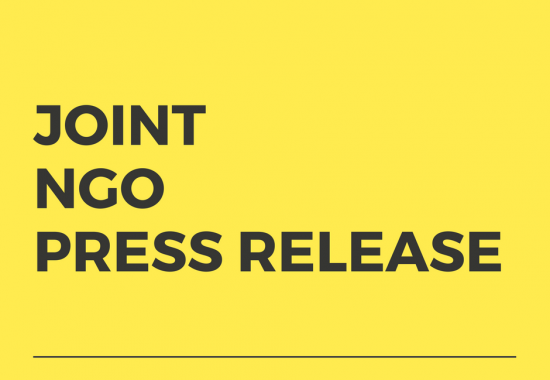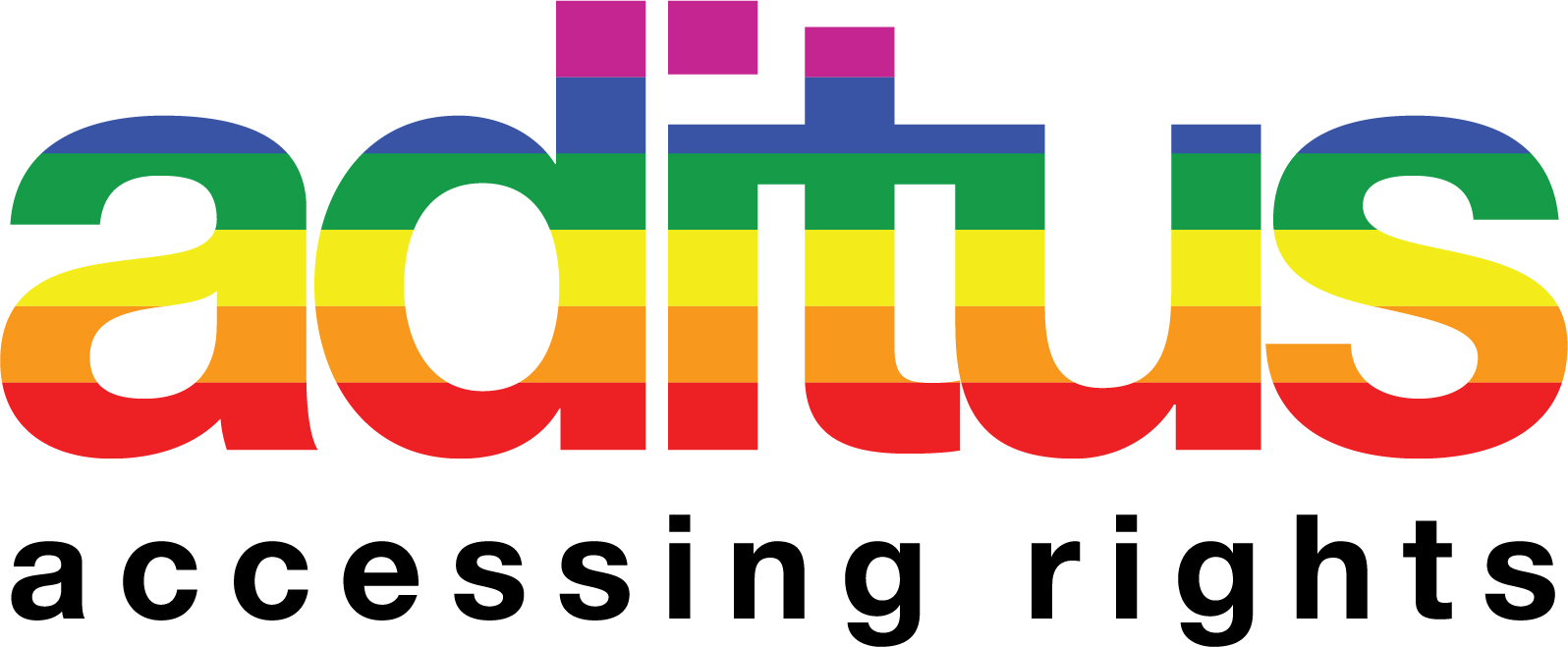We are deeply concerned about the ongoing detention of hundreds of asylum-seekers – men, women and children – on medical grounds at the Initial Reception Centre and Safi Barracks. We believe that, in many cases, the detention is completely unlawful.
National law allows the health authorities to restrict an individual’s movement for medical screening for a period not exceeding four weeks, which may be exceptionally extended up to ten weeks for the purpose of finalising any tests that may be necessary. The European Court of Human Rights has repeatedly stressed that in order to be considered lawful, detention must always be justified on an individual basis, implemented in good faith, and used only for as long as strictly necessary.
At this point, there are asylum seekers who have been deprived of their liberty on the pretext of health checks – consisting essentially of a single test to screen for active TB – for periods ranging from a few days to 13 weeks from disembarkation. Several hundred of these, some of them children, have been detained for 8 weeks or more, which is way more than the time needed to conduct this test even for such a large number of people.
Possibly worse is the fact that no one has told them for how long they will be detained and that there are no accessible effective remedies to challenge their detention.
That they are being held in crowded, insanitary conditions, with almost no opportunity for recreation or constructive activity, hardly any contact with the outside world, limited access to open air, and a severe shortage of basic material necessities, makes their detention even harder to bear. In these conditions it is not surprising that tension is building in the centres, as people are worn down by the uncertainty and the strain
of their prolonged and arbitrary detention.
It would appear that in practice the main reason for their ongoing detention is the lack of space in the open centres. While we fully appreciate the strain that the large number of arrivals has placed on Malta’s reception system, resource constraints, no matter how severe, can and should never be used to justify deprivation of liberty.
In view of this we are calling on the government to ensure that all of the people currently being held on medical grounds are immediately released, unless their detention is clearly and objectively justified on health grounds in the individual case.
We are also calling on the government to allocate the resources necessary to strengthen our reception system and create sufficient reception spaces for asylum seekers to be hosted in accordance with Malta’s legal obligations. It is clear to us that the only way to do this is by creating new spaces, whether in existing facilities that are currently not in use, such as Hangar Open Centre, or in other facilities that may be available. There is absolutely no way that enough spaces can be created simply by pushing residents out of the open centres currently in use. More, in the current scenario, where access to decent and affordable housing is almost impossible, this measure is likely to create more problems than it solves.
In recent months Malta has shown leadership on migration issues, providing safe haven to migrants rescued from vessels in distress and brokering agreements between EU member states to share responsibility for disembarkations. The staff of state frontline migration and reception agencies have gone way beyond the call of duty, in spite of the limited resources at their disposal, to provide services and support to new arrivals.
While we appreciate all of this, as do the people whose lives were saved through Malta’s efforts, it is essential that concrete action is taken to strengthen our reception system in order to ensure that asylum seekers rescued are received with dignity and their rights are respected. On our part we affirm once more our willingness to support any and all initiatives aimed at improving reception conditions for asylum seekers in Malta.
September 6, 2019
This statement is endorsed by:
- aditus foundation
- African Media Association Malta
- Agara Foundation
- Catholic Voices
- Christian Life Communities (CLC)
- Cross Culture International Foundation (CCIF)
- Dar tal-Providenza
- Department of Gender Studies, Faculty for Social Wellbeing, University of Malta
- Drachma LGBTI
- Drachma Parents’ Group
- Fondazzjoni Sebh
- Foundation for Shelter and Support to Migrants
- Fundazzjoni Paci u Gid
- Integra Foundation
- Isles of the Left
- Jesuit Refugee Service (JRS) Malta
- Jesuits in Malta
- Kopin
- Kummissjoni Gustizzja u Paci
- Malta Emigrants Commission
- Moviment Graffiti
- Office of the Dean, Faculty for Social Wellbeing, University of Malta
- Office of the Dean, Faculty of Education, University of Malta
- Paolo Freire Institute
- Richmond Foundation
- Salesians of Don Bosco
- Segretarjat Assistenza Socjali Azzjoni Kattolika Maltija
- Solidarity with Migrants Group
- SOS Malta
- Spark 15
- St Jeanne Antide Foundation
- The Critical Institute
- Women’s Rights Foundation
- Youth Alive Foundation






